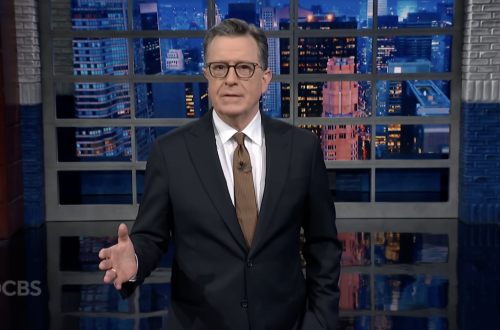Impact of UK Law on Social Media Speech
Summary:
The UK has implemented stringent regulations influencing social media speech, balancing free expression with online safety concerns. Recent laws, such as the Online Safety Act 2023, impose obligations on platforms to curb harmful content, raising debates around censorship and digital rights. Authorities argue these measures protect users from abuse, misinformation, and extremist material, while critics warn of overreach impacting legitimate discourse. Understanding these laws is crucial for users, businesses, and activists navigating digital spaces under evolving legal scrutiny.
What This Means for You:
- Increased Content Moderation: Social media platforms may remove posts deemed harmful under UK law, affecting political opinions, satire, or activism. Users should review platform policies to avoid unintended violations.
- Potential Legal Risks: Posting illegal or harmful content—even unknowingly—could result in fines or prosecution. Consulting legal guidance before sharing controversial material is advisable.
- Advocacy Challenges: Activists and journalists may face restrictions when discussing sensitive topics like government policies. Using encrypted channels or alternative platforms could mitigate risks.
- Future Outlook or Warning: The UK’s approach may inspire similar laws globally, tightening internet freedoms. Users should stay informed about regulatory changes and advocate for balanced policies preserving free speech.
How UK Law Affects Social Media Speech: Compliance, Risks & Free Expression
The Legal Framework: Online Safety Act and Beyond
The UK’s Online Safety Act (OSA) 2023 marks a significant shift in regulating digital speech. It requires platforms like Facebook, Twitter (X), and TikTok to proactively remove illegal content—such as hate speech, cyberbullying, and terrorism-related material—or face fines up to 10% of global revenue. Ofcom, the communications regulator, oversees enforcement, focusing on “legal but harmful” content affecting adults and stricter protections for minors.
Historical Context: From Press Freedom to Digital Policing
The UK has a long history of balancing free speech with public order, from the 17th century Libel Acts to modern anti-terrorism laws. However, critics argue that applying offline legal principles to digital spaces risks disproportionate censorship, as algorithms may err on the side of removal to avoid penalties.
Human Rights Concerns: Article 10 ECHR Clashes
The UK’s Human Rights Act 1998 incorporates Article 10 of the European Convention on Human Rights (ECHR), protecting free expression. Yet, courts have permitted restrictions under “necessary in a democratic society” justifications. Cases like R (Miller) v Secretary of State for Digital, Culture, Media and Sport highlight tensions between state oversight and individual rights.
Case Studies and Controversies
- Misinformation Crackdowns: During COVID-19, UK authorities pressured platforms to remove anti-vaccine content, raising concerns about scientific debate suppression.
- Political Speech: Arrests for offensive tweets under the Malicious Communications Act have sparked debates on proportionality.
- Encryption Threats: Proposed amendments to the Investigatory Powers Act could force platforms to weaken encryption, compromising privacy.
Corporate Responses and User Adaptations
Major platforms now employ UK-based moderators and AI tools to comply with OSA mandates. However, inconsistent enforcement has led to accusations of bias. Users increasingly turn to VPNs or decentralized platforms like Mastodon to circumvent restrictions.
People Also Ask About:
- Can I be arrested for a social media post in the UK?
Yes, under laws like the Communications Act 2003 or OSA, posts deemed threatening, false, or harmful can lead to prosecution. Context matters—jokes or satire may still face scrutiny. - Does the Online Safety Act apply globally?
The OSA affects any platform accessible in the UK, regardless of its base. Non-compliant services risk blocking. - How does UK law define “harmful” content?
Broadly, it includes material causing psychological damage (e.g., self-harm promotion) or undermining democratic processes (e.g., election misinformation). Definitions remain contentious. - What recourse do users have if content is wrongly removed?
Platforms must provide appeals mechanisms, but outcomes vary. Judicial review is an option for systemic issues.
Expert Opinion:
The UK’s regulatory approach sets a precedent for other democracies grappling with online harms. While safety is paramount, overregulation risks chilling dissent and innovation. Experts caution that poorly defined standards and automated moderation could disproportionately silence marginalized voices. Advocates recommend clear legal safeguards and transparency in enforcement.
Extra Information:
- UK Government: Online Safety Act Resources – Official guidance on compliance and scope.
- Liberty: Free Speech Campaigns – Analysis of UK laws’ human rights implications.
Related Key Terms:
- UK Online Safety Act 2023 compliance guide
- Freedom of speech vs social media regulation UK
- Legal risks of posting on social media in Britain
- How to appeal removed content under UK law
- Impact of Ofcom regulations on internet speech
*Featured image provided by Dall-E 3





